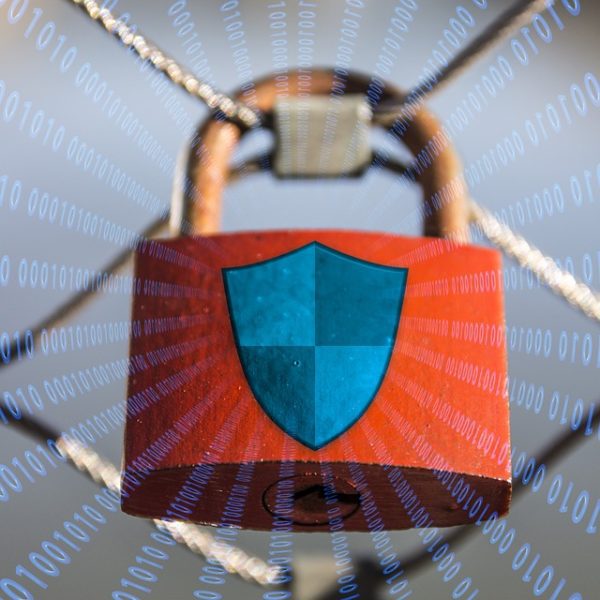On June 20, 2025, Cybernews revealed an alarming find: over 16 billion login credentials—spanning accounts from Apple, Facebook, Google, GitHub, Telegram, various government services, and more—were found exposed on dark web forums and misconfigured servers. Forbes
What Really Happened
- Not a single company breach: This isn’t a hack into Apple, Google, or Facebook systems. Rather, hackers used infostealer malware—malicious software that steals login data from user devices—and compiled the results into huge databases.
- Fresh data: Unlike old leaks resurfaced, many records are recent, making them highly usable for cybercriminals.
- Massive aggregation: The haul includes at least 30 separate datasets, some with billions of entries, typically formatted as URL + username/email + password—ready-made for credential stuffing and phishing.
How Worried Should You Be?
- Not every user is affected, but duplicates mean countless reused or shared passwords could now open multiple account types.
- Definite exploitation risk: Experts warn these leaks serve as a “blueprint for mass exploitation”—opening avenues for account takeovers, identity theft, and targeted phishing.
Reddit users noted:
“TL;DR – No, 16 billion passwords didn’t just leak, the dataset includes passwords from past data breaches.”
Still, many agree:
“Weren’t the previous data negligible relatively to this… So it would still be 15.9 B”.
What You Must Do Now
- Change your passwords immediately, especially if reused across sites or unchanged in months.
- Use a password manager (e.g., Google Password Manager, 1Password, iCloud Keychain) to generate and store strong, unique passwords.
- Enable multi‑factor authentication (MFA/2FA) on all accounts—prefer apps or hardware keys over SMS .
- Switch to passkeys where available. These eliminate passwords entirely and are resistant to phishing.
- Monitor your accounts for suspicious activity, watch for unusual login alerts, and contact support if anything seems off.
- Scan via “Have I Been Pwned?” or similar services to check if your email or credentials have appeared in known breaches.
Going Beyond Passwords
- Adopt zero‑trust habits: Always assume credentials might be compromised—don’t allow unchecked device access.
- Combat AI‑powered attacks: New phishing vectors leverage AI for hyper-personalized scams.
- Keep software updated: Patch devices, browsers, and apps regularly.
- Educate yourself and others on scam methods and safe digital habits.
🔐 Final Takeaway
This massive compilation brings old and new data into one arsenal. Whether or not your credentials were included, this is a call to action: change passwords, implement strong authentication, and move toward password-free login methods. In today’s cyber landscape, digital hygiene isn’t optional—it’s essential.

